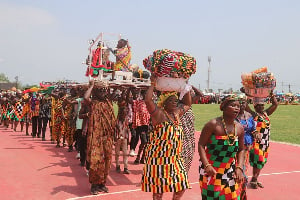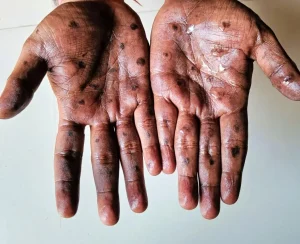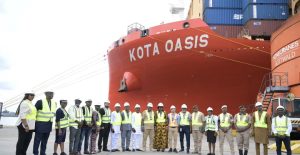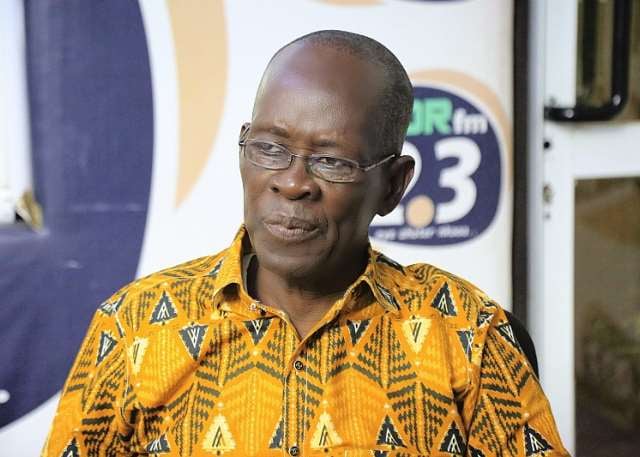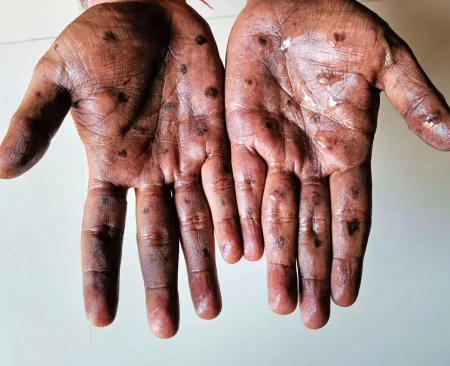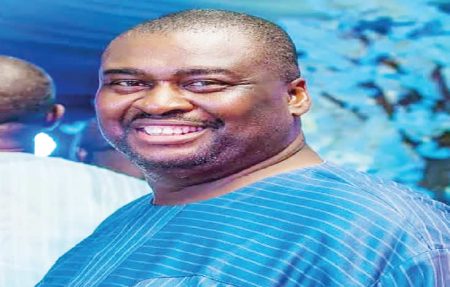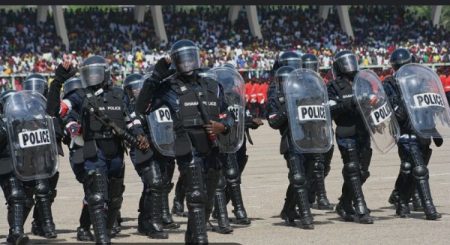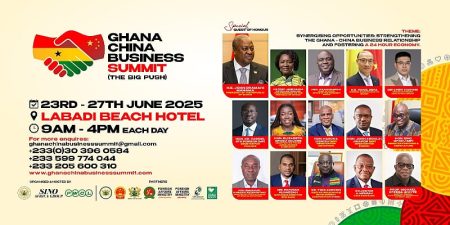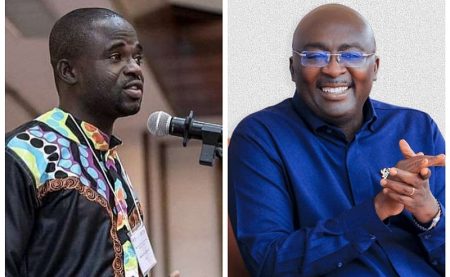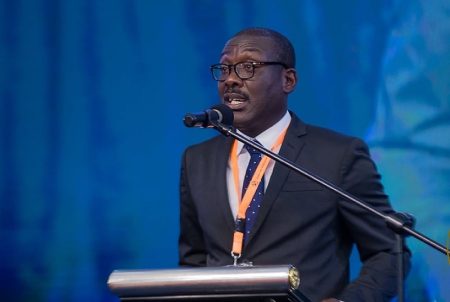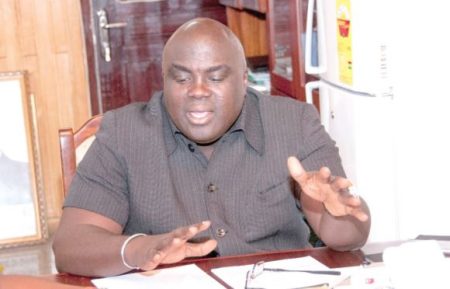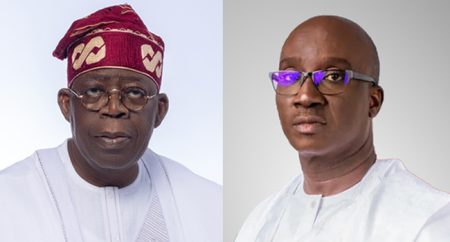Paragraph 1: Concerns Over Political Interference and Calls for Vigilance
Abraham Koomson, Secretary General of the Ghana Federation of Labour (GFL), has voiced concerns about potential political interference in corruption investigations. He alleges that the opposition New Patriotic Party (NPP) is exerting undue influence over the Special Prosecutor, Kissi Agyebeng, to obstruct the prosecution of former government officials. This alleged interference takes the form of legal maneuvering designed to delay or derail these cases. Koomson has urged the ruling National Democratic Congress (NDC) government, particularly the Minister of Justice and Attorney General, to remain vigilant and protect the integrity of the government’s anti-corruption efforts. He emphasizes the need to counter any attempts by the NPP and the Office of the Special Prosecutor (OSP) to manipulate legal processes for political gain.
Paragraph 2: Reassignment, Not Dismissal, Proposed for Special Prosecutor
Central to Koomson’s argument is the call for the reassignment of Special Prosecutor Kissi Agyebeng. While acknowledging Agyebeng’s independent-mindedness, Koomson emphasizes the importance of trust and loyalty in such a sensitive position. Given Agyebeng’s appointment by the previous NPP administration, Koomson suggests a potential conflict of interest, raising doubts about his impartiality in investigating figures from the former government. Crucially, Koomson distinguishes between reassignment and dismissal, proposing a shift in Agyebeng’s role rather than his outright removal, to ensure public confidence in the investigations. This proposal aims to maintain the integrity of the office while addressing concerns about potential bias.
Paragraph 3: Focus on the Office of Recovery of Assets and Loot (ORAL)
Koomson’s concerns are directly linked to the Office of Recovery of Assets and Loot (ORAL), an initiative established by President John Mahama to pursue the recovery of stolen state assets. Koomson stresses the importance of achieving tangible results through ORAL and believes that the Special Prosecutor’s potential ties to the previous administration could hinder its effectiveness. He argues that despite having no personal issues with Agyebeng’s work, the government must prioritize the success of ORAL and explore alternative avenues to handle the cases, separating them from the OSP’s purview. This approach, according to Koomson, will ensure that the initiative remains untainted by perceived political influence.
Paragraph 4: Specific Concerns Regarding the Investigation of Ken Ofori-Atta
Koomson’s concerns extend to the specific handling of investigations involving former Finance Minister Ken Ofori-Atta. He suggests that the Special Prosecutor’s actions might create an illusion of progress while effectively shielding key individuals from thorough scrutiny. This perceived protection of high-profile figures further fuels Koomson’s concerns about potential bias and the need for a more independent investigative process. The case of Ofori-Atta serves as an example of why Koomson believes a reassignment of the Special Prosecutor is necessary to maintain public trust and ensure accountability.
Paragraph 5: Proposal for Specialized Courts to Expedite ORAL Cases
To expedite the adjudication of ORAL cases, Koomson proposes the establishment of specialized courts, drawing parallels to the Fast Track Courts implemented during former President Kufuor’s tenure. He argues that relying solely on the existing judicial system could lead to protracted legal proceedings, ultimately weakening the impact of President Mahama’s anti-corruption agenda. By establishing dedicated courts, Koomson believes that the process can be streamlined and justice served more efficiently, preventing delays that could potentially allow those accused of corruption to evade accountability.
Paragraph 6: The Broader Debate on Corruption and Public Trust
Koomson’s call for the reassignment of the Special Prosecutor has ignited a critical national debate about the role of the OSP in Ghana’s fight against corruption. His remarks highlight the complex challenge of balancing the need for independent investigations with the imperative of maintaining public trust in the judicial process. As Ghana grapples with issues of accountability and transparency, the discussion surrounding Agyebeng’s position underscores the importance of ensuring that the fight against corruption is perceived as fair, impartial, and free from political influence. The debate also raises broader questions about the structure and function of the OSP and its relationship with the government, particularly in the context of transitions between administrations.


